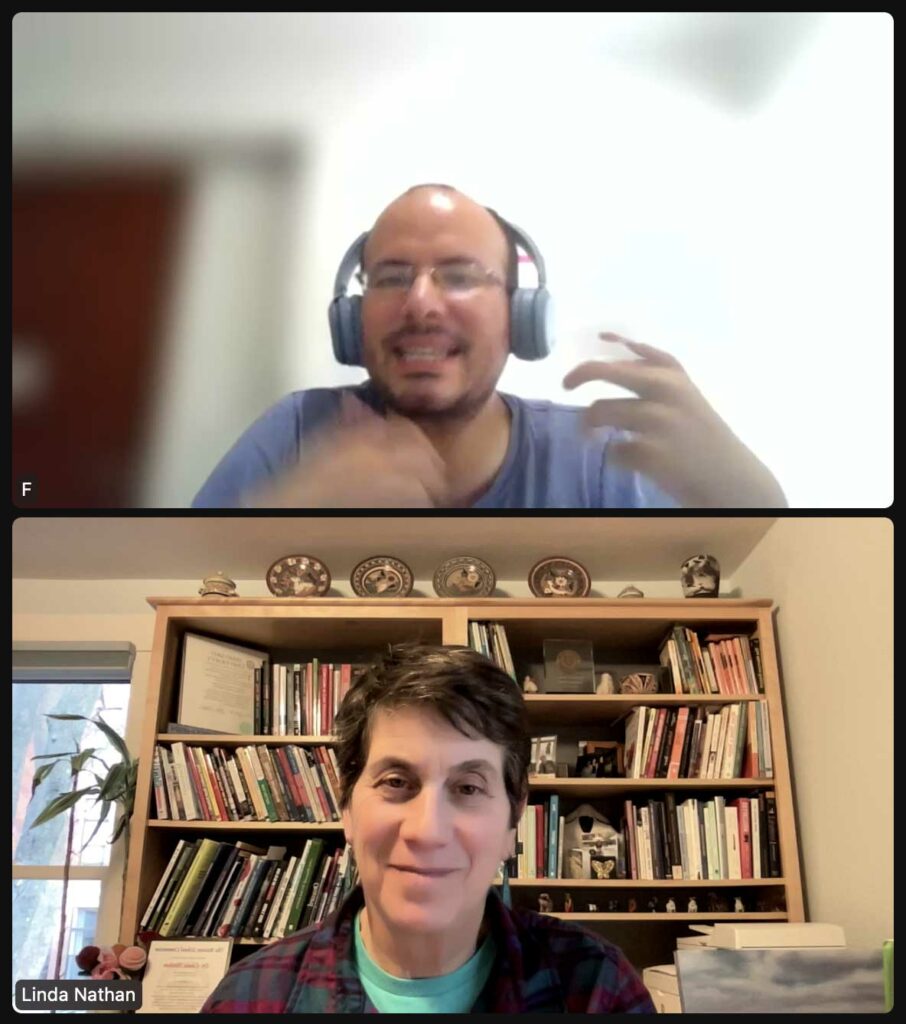
I had the chance to catch up with Franco over Zoom. Even through the two dimensional nature of the camera, his enthusiasm for his work is infectious. Still the realities of his country are difficult. He tells me that politically Peru has entered into a terrible period. “The deterioration of our democracy is brutal,” he explains. “We’ve had nine ministers of education in one year. But I work with young people. I remain hopeful.”
What gives him hope? – The fifteen year olds he works with. They want to improve their country. It’s deeply personal for them. “Tiene tanto potencia,” he tells me. So much potential. Of course there is still the negative archetype of the adolescent who is solely consumed by their own interior battles over identity or who doesn’t want to reach out to make an impact on others. But that is not Franco’s experience. The young people he works with in Enseña Peru are working to take direct actions to create stronger and more resilient communities. “These are the new young leaders of our country. They know that change must happen and they are working to create organizations to create sustainable movements.”
Franco insists that adults listen to these young people– and before the certain cynicism of adulthood takes over.
These young people have a clear message: “No somos el futuro. Somos el presente.” That has stuck with me. The young people are the present. Not the future. We need to pay attention. And Franco is.
Franco has written a powerful chapter about these experiences in our forthcoming book “Building Democratic Schools: A Global Perspective” (Palgrave MacMillan).
